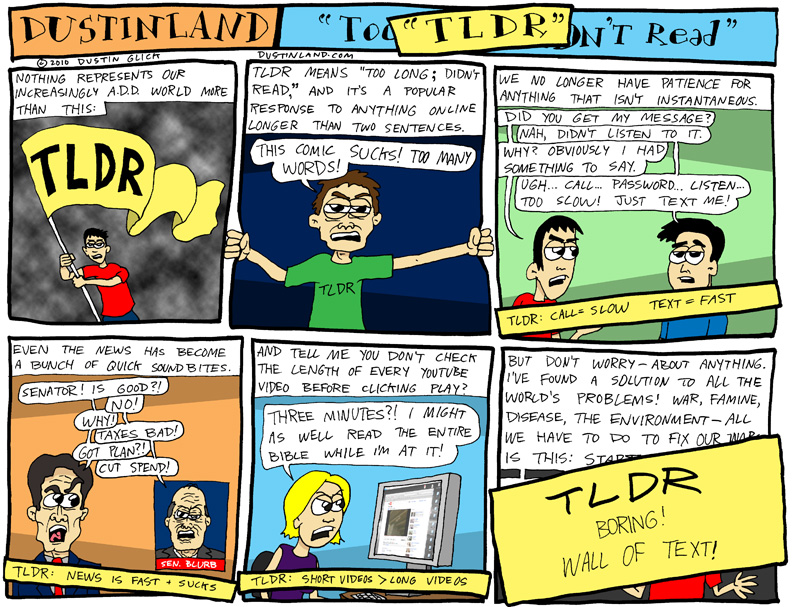The second lifetip I am going to try to discuss here is one that is actually more of a complaint than it is a concrete and practical lifetime recommendation.
It all started when I heard economist Jesse Frederik venting in one of his podcast episodes about modern day tendencies to search for new cures for age old problems. He complained that people keep coming up with new fancy ideologies, which they present in spiffy TED talks and best selling books, without appreciating all the ideas that previous thinkers already explored.
My summary of what this life tip boils down to, is the following:
Try to understand existing theories before searching for (and accepting) new ones.
The internet has never been so influential. We have gotten accustomed to having news and information at our disposal 24/7. We don’t even need to remember anything ourselves. We just need to remember the Google search terms needed to find something and regurgitate whatever the WWW-beast feeds us. We can look up the same thing a million times instead of making an effort to actually memorize the information we are pointing our eyeballs at.
If we are forced to deal with a complex theory, we watch the 10 min breakdown on YouTube (or TikTok or whatever kids are into these days) instead of reading the actual book. Even an elaborate newspaper article is a challenge, let alone a peer reviewed academic piece.
The abbreviation TLDR is the ultimate 21st century (online) conversation stopper. As much as I hate that, I must admit there are times when I can’t work my way through blogposts that take longer then 5-10 minutes to read.

Soundbites & Blurbs
Despite our faulty attention spans, we are more opinionated than ever. Politics, gender, race, anthem singing etiquette, Scandinavian teenagers and their braids. So many things to disagree on and so little time!
We are in constant need of quick facts and snappy comebacks to reinforce our opinions. You have to avoid talking about “the pros and cons” and “consequences on a macro level” if you don’t want people to walk (or click) away.
Even if you happen to be one of the rare ones who actually read Karl Marx’ whole Manifesto, you have to be able to present its content in bite size portions if you ever want to use it to convince someone about the correct implementation of communism (which I am assuming is what Karl Marx wrote about… TLDR).
Ask TED
The popularity of TED Conference Talks on YouTube is another clear sign of the amount of information we have become comfortable dealing with in one sitting. TED Talks are 10 to 30 minute mini-lectures on scientific, cultural, political, and academic topics.
As much as I love myself a good TED talk, I do realize the emphasis is sometimes more on the “feel good” aspect of an idea than on the actual science behind it. I’m not saying that the content presented in TED Talks is incorrect per se. But one could argue that the talks that make the cut, rely more on the talent of the speaker and the video’s potential as click bait on social media, than on the actual relevance of the topic.
Catchy new theories make for interesting conversations around the coffee machine. Their simplicity make them appealing, either because they confirm a popular idea or because it works well as a “fun fact” on social occasions.
Simple theories are becoming more accepted than complicated ones, following the “It is true because I get it”-logic.
Break the Dunning-Kruger effect
A 1999 Psychology study by David Dunning and Justin Kruger described a phenomenon in human behavior that seems to apply to a large percentage of the human race. It manifests itself when people have an opinion about things they don’t know shit about. If they would’ve let the online community (by which I mean me) give their findings a name, it may have ended up being called the Kim Kardashian effect, but they decided to name it after themselves, which…. I mean… sure.

And now, it is time for some painful irony.
You see, what I really want to do now is recommend a relatively short YouTube video to do some of the explaining for me. My attention span is waning and so is yours, so just click on this link. You can thank me later.
What it boils down to is that people that know the least about a topic tend to think they know the most. It is only after you actually learn something that you realize how little you really know. Even actual experts in their field aren’t as self assured about their knowledge as the complete dimwits are.
It’s pretty much the opposite of imposter syndrome, which Michelle Obama often brings up in her speeches, as she did in this video from December 2018.
That it’s difficult doesn’t make it wrong
Our current state of intellectual apathy has also cemented the idea that scientists make their research complicated just to spite us.
How do you come back at corny platitudes being slung across the table about the “status quo” muddying the water with difficult words?
What do you do when the facts others rely on come from nothing more than their own gut, and others are overly eager to accept a more convenient stance on reality?
Discouraging as it may feel, according to Jesse Frederik, the solution is: MORE FACTS!
Read books and articles about a topic you have an opinion on. Don’t avoid submerging yourself with ideas that may contradict your own and talk about them with others in a respectful manner.
Continue listening to TED talks on YouTube but also look up more elaborate lectures made by the same experts.
Know your -isms and -ologies, and don’t be afraid to use them.








Add new contribution